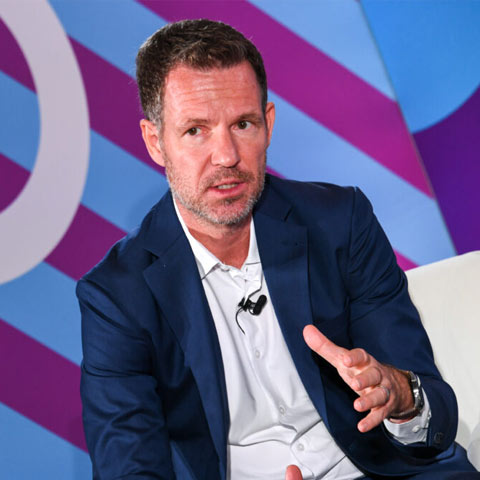Enhancing Your Brand’s Perceived Value (Part 2)

In an earlier post, I gave some ideas on how to enhance your brand’s perceived value. Today, I’ll offer a few more, including how to be the expert, create product stories and align your brand with a cause.
Be the Expert
Many companies promote offers such as free shipping or no hassle returns, but not many companies tout the fact that they have experts on staff. Even if they do, it’s not often mentioned in marketing campaigns. But the more of an expert you are, the more valuable your service or product will be perceived, so it’s important to position your brand/service as the leading source of knowledge to get a leg up on competition.
J.Crew offers a personal stylist service that puts experts at your fingertips. What a great resource for shoppers who may be too busy, unsure about how to put together an outfit for a certain occasion, or in need of something right away for a last-minute event. Not many retailers offer this service, and if they do, it’s certainly not free. This is a good hook to get people to shop at J. Crew over their competitors. This example focuses on J. Crew’s complimentary Very Personal Stylist program:

Sephora offers an in-store beauty experience that matches you with a personal beauty advisor. Unlike J.Crew, this beauty experience comes with a price, but for someone who may need a customized experience, this is a great service and may get you into the Sephora store rather than another beauty retailer.

Create a Product Story
A product story can help showcase the uniqueness or value of your product. Klean Kanteen recently started a new campaign to generate a conversation around eliminating single-use products and waste in the environment. In the example below, they don’t include a big sales callout. Rather, the call to action is to watch their short film and join the conversation. This message creates a product story and really instills the value of the product they sell, which in this case is the reusable steel cup.

Cause Marketing
Cause marketing, aligning your brand with a higher purpose, can also positively affect your perceived value. This email from Burt’s Bees Baby is a great example. Not only was the cause a good fit for their brand – they planted a tree for every order placed on their site – but they sent the message on a relevant day as well, Earth Day. I could go to a local store and buy Burt’s Bees products, but knowing they give back to the environment in such a way when you purchase online will make me think twice about how I buy their product the next time. This type of giving back may also encourage customers to gravitate toward Burt’s Bees products over similar brands.

In the ValuePetSupplies example below, the entire email isn’t dedicated to a cause, but they do consistently use a banner in their marketing campaigns that showcases their support of a local big dog rescue. It’s always good to know that your purchases help a good cause.

Consumers chose brands who share their values and may even forgive a higher price in favour of their favourite store.
This content was originally published by Oracle + Bronto.
Want more like this?
Want more like this?
Insight delivered to your inbox
Keep up to date with our free email. Hand picked whitepapers and posts from our blog, as well as exclusive videos and webinar invitations keep our Users one step ahead.
By clicking 'SIGN UP', you agree to our Terms of Use and Privacy Policy


By clicking 'SIGN UP', you agree to our Terms of Use and Privacy Policy








![[Research] Apps: The Secret Engine of Ecommerce Growth [Research] Apps: The Secret Engine of Ecommerce Growth](https://images.bizibl.com/sites/default/files/apps-and-web-similarweb-480.jpg)

